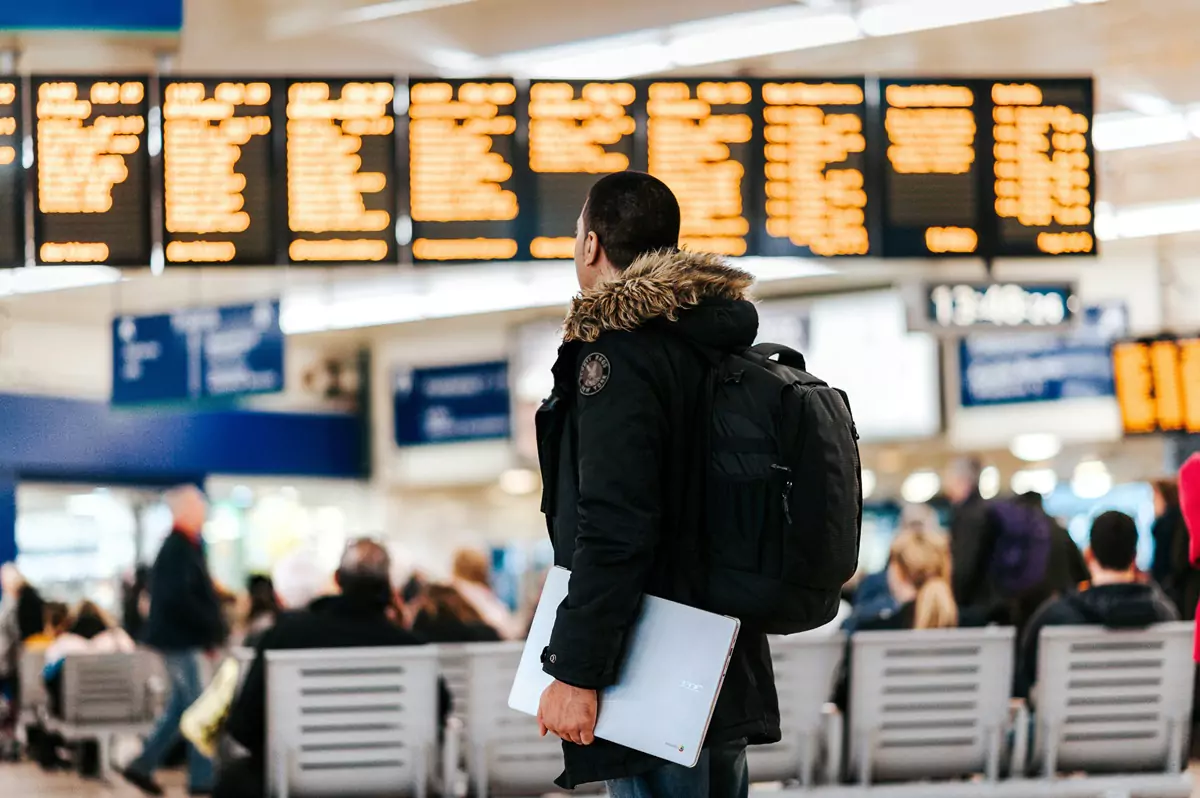After numerous delays, a November launch date has been set for the EU’s new Entry/Exit System. Known as EES, it is hoped that the system will enhance border security and data accuracy while reducing illegal overstays and waiting times for travellers.
The automated system for registering all travellers from third countries, both those coming on short-stay visas and those who are visa-exempt each time they cross an EU external border, had been due to come into force on 6th October, but that date has now been pushed back to 10th November 2024.
There has been no official word on the cause of this most recent delay, but it is believed that some EU member states have requested more time to prepare themselves for the new system, which will eliminate the need for border stamps in passports but increase security measures in other areas.
How it works
Once operational, the EES will register a non-EU visitor’s name, travel document, biometric data and the date and place of entry and exit “in full respect of fundamental rights and data protection” for a three-year period.
The system will automatically track these individuals’ movements across external borders, ensuring that non-EU visitors to the bloc remain in compliance with the current 90/180-day rules on stays, which stipulates that these types of visitors are allowed to remain in the EU for 90 days out of every 180-day period.
In addition to EES, the European Travel Information and Authorisation System, or ETIAS, is estimated to launch during the first half of 2025. ETIAS will require visa-exempt travellers, including those from the UK, to apply for a travel authorisation before their trip. The application will cost €7 for adults aged 18 to 70, and will be valid for three years.
Delays?
As all non-EU travellers—regardless of visa status—will need to register for either EES, ETIAS or both, border entry delays are anticipated in the early days of the two systems as many airports in the EU say they simply aren’t ready to implement the new rules.
Despite this, the European Commission has high hopes for the system, with representatives saying, “EES will contribute to preventing irregular migration and help protect the security of European citizens. The new system will also help bona fide third-country nationals to travel more easily while also identifying more efficiently over-stayers as well as cases of document and identity fraud. In addition to this, the system will enable a wider use of automated border control checks and self-service systems, which are quicker and more comfortable for the traveller.”
Read related:
Monaco Life is produced by real multi-media journalists writing original content. See more in our free newsletter, follow our Podcasts on Spotify, and check us out on Threads, Facebook, Instagram, LinkedIn and Tik Tok.
Photo source: Anete Lusina, Unsplash
